Like most living things, man is one Biorhythm which represent a kind of internal clock and which ensured survival in the course of evolution. A comparatively young scientific discipline, chronobiology, deals with these influences.
What is the biorhythm?

The term biorhythm describes a biological rhythm or life cycle to which every living being is subjected from birth. During the development of the first living beings, in contrast to today, there were still simple natural conditions, a clear day / night rhythm that determined active times and rest periods through light and darkness.
The sun is decisive for the biorhythm of all living things. The sunlight sets the inner clocks every day to a 24-hour rhythm that is related to the rotation of the earth. Plants and animals adapt to this rhythm, but today's humans are moving further and further away from their natural rhythm.
Changes to bedtime, such as shift work, cause his rhythm to lose rhythm, often with health consequences. Chronobiology researches these relationships and recommends more adaptation to the natural rhythm.
Function & task
Since the invention of the light bulb by Thomas Alva Edison, humans have become much less dependent on natural lighting conditions, because artificial light can lengthen the days. This invention made it possible to work late in the evening and at night.
As a result, people began to no longer live in harmony with their natural rhythm. But the internal clock cannot be outwitted as easily as we would like. People who work in shifts regularly experience that the internal clock does not easily switch to night shifts.
When there is no sunlight, the body stimulates the production of hormones that cause tiredness and sleep. Blood pressure and body temperature also decrease. Our biorhythm is set for rest and regeneration in the evening.
At first, researchers thought that the environment dictates the natural rhythm, but through chronobiology we know that genes also play a role and that internal clocks tick differently in people, as can be seen in early risers and late risers.
Late risers are not lazy because they get up later, but they have a different inner rhythm that starts later than that of the early risers. The internal clock reacts to external stimuli, but is still active even when external factors such as B. Eliminate light. It is regulated by the release of melatonin.
The biorhythm controls important body processes. It dictates when people can be active and when they should regenerate better. It regulates blood pressure, hormonal balance and body temperature. It is controlled by a nerve nucleus in the brain that is only about the size of a grain of rice. This nucleus reacts to light stimuli that it receives via the retina.
You can find your medication here
➔ Medicines against fatigue and weaknessIllnesses & ailments
Thanks to research in chronobiology, we know that a permanent deviation from one's own biorhythm causes illness in the long run. People are more likely to be programmed for daytime work. Sleep researchers see the cause of many disasters that happen at night to be nightly performance slumps. Many car accidents also happen at night.
People who regularly work in shifts are more likely to suffer from cardiovascular diseases, digestive problems, insomnia and depression. After a night shift, they often have difficulty getting enough sleep because it is noisy during the day and the brightness does not allow a restful deep sleep during the day. A disturbed sleep leads to a lack of sleep, which affects the immune system and concentration.
According to chronobiologists, many diseases, accidents and mistakes can be avoided if the findings of chronobiology are integrated into everyday work. Many people are late risers, but have to start work at a time for which their biorhythm is not programmed. You only get to peak form later. The introduction of flexitime at least made it possible to structure the work rhythm more individually.
The clock change in spring and autumn is also viewed critically. Especially when the time is changed in the spring, people have problems and need time to get used to. It has not yet been researched whether this change promotes health problems.
In nutrition, too, the biorhythm is more important than is often granted. It is not insignificant when meals are taken. Chronobiologists have found in studies that late evening meals lead to obesity and that it is by no means irrelevant when meals are taken.
After 7:00 p.m., the body begins to produce melatonin, which ensures restful sleep. A traditional eating rhythm with three meals a day without snacks in between is therefore most beneficial. The evening meal should be less than breakfast and lunch. The increase in overweight people could, among other things, can also be attributed to the fact that our current living conditions no longer follow the traditional rhythms that are beneficial for health.

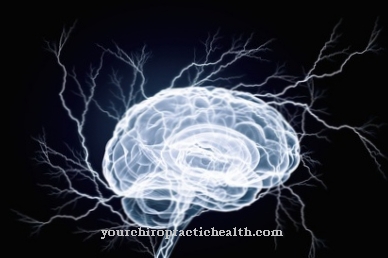

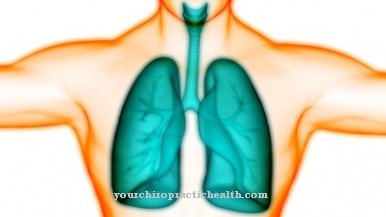
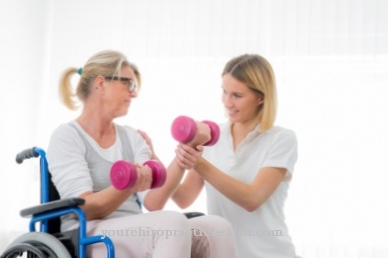
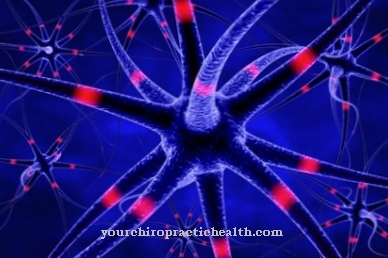
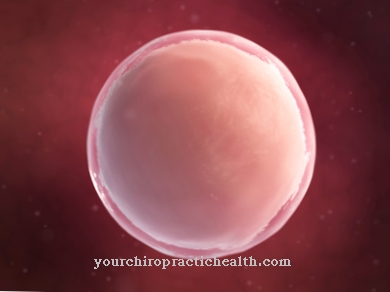

















.jpg)



